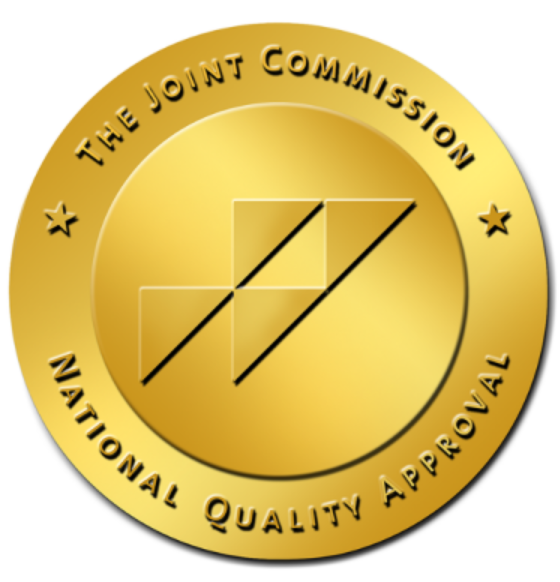Am I a Sex Addict?
What is Sex Addiction?
Sex addiction can be difficult to recognize, treat, and discuss because sex is itself a complicated subject. Most cultures have strong stigmas surrounding sex, and often even bringing it up is prohibited. Cultural standards determine which kinds of sexual partners, which sexual activities, and even which sexual thoughts are appropriate. In this oppressive social climate, it is common for the majority of people to occasionally (or frequently) feel that their sexual behaviors or thoughts are wrong or deviant. The fact is, however, that sex is a normal part of life. Not only are the biological drives that make people want to have sex natural, but sex itself can be a powerful source for individual fulfillment. Sex offers people pleasure, a way of communicating and connecting with others, and even a form of self-expression. Unfortunately, sex can also cause significant problems for people, most notably when their desire for it interferes with their ability to function. When an individual suffers from sex addiction, sex can become an oppressive, joyless, and even a destructive activity.
Because sex, like food, is a natural and healthy part of life, however, sex addiction can be difficult to diagnose. Psychiatrists and mental health professionals use a book called the Diagnostic and Statistical Manual of Mental Disorders (DSM-5) in order to make diagnoses. Currently sex addiction is not listed in the DSM-5, and therefore it is not officially recognized as a concrete mental health disorder. However, the disorder is nonetheless studied by psychologists and researchers, and there is a growing body of research on the phenomenon of sex addiction. In practice, the majority of mental health professionals, doctors, and addiction counselors recognize the lived experiences of people who suffer from the disorder of sex addiction. While it may not be possible at this time to receive an official diagnosis of the condition, receiving treatment is always an option.





